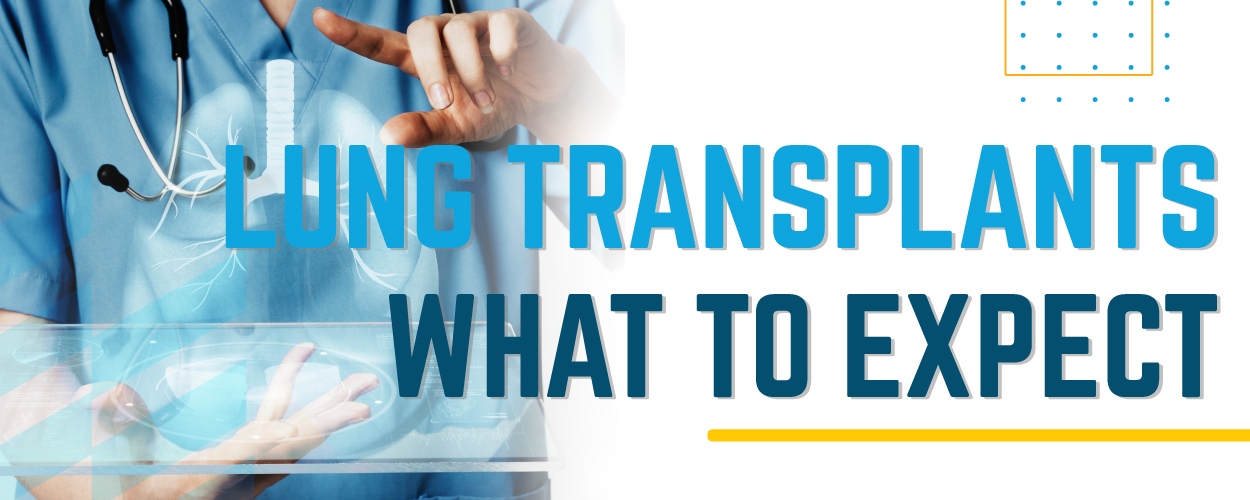A lung transplant is a surgical procedure that replaces diseased lungs with healthy ones from a donor. This blog post delves into the critical aspects of lung transplants, providing insights into the eligibility criteria, the surgical process, potential risks, and the benefits that come with this life-changing procedure.
Who Can Benefit From a Lung Transplant?
Not everyone with a lung disease qualifies for a lung transplant. Eligibility criteria include a life expectancy of less than two to three years without the transplant, a commitment to strict post-transplant care, and a robust support system. A multidisciplinary team assesses candidates, considering medical history, physical condition, psychological status, and social situation. Various tests, including blood tests, chest X-rays, and CT scans, help determine suitability.
What Happens During and After a Lung Transplant?
The surgical process involves replacing one or both diseased lungs with donor lungs, utilizing three main types of transplants: single-lung, double-lung, and lobar transplants. The procedure, lasting from four to 12 hours, requires the use of a heart-lung bypass machine to assist during surgery.
Post-surgery, patients move to a care unit for monitoring and receive medications to prevent complications. Rehabilitation follows in a regular hospital room, focusing on adapting to the new lungs and learning self-care techniques. Patients are discharged once stable, but regular follow-up visits are necessary.
Risks and Benefits of a Lung Transplant
While lung transplants offer significant benefits such as improved lung function and increased life expectancy, they come with inherent risks. Potential complications include rejection, infections, side effects of medication, and surgical complications. The success of a lung transplant depends on various factors, with the median survival in Canada and the United States ranging from 6.3 to 7.1 years.
How to Prepare for a Lung Transplant
Preparation for a lung transplant involves thorough consideration and planning. Prospective candidates should engage in open discussions with their doctors and transplant teams, seeking information about the procedure, recovery, and long-term care. Learning from reliable sources, joining support groups, and maintaining a healthy lifestyle are crucial steps in preparing for this life-changing decision.
Breathing Anew with TB Vets
It’s clear that these procedures offer a lifeline for those battling severe respiratory diseases. At TB Vets, our mission is rooted in providing support to hospitals in British Columbia, ensuring that individuals facing these challenges receive the care they need.
If you’ve found this information valuable or if you’ve personally experienced the impact of respiratory diseases, consider joining us in our mission. Your support can make a difference in the lives of those seeking a fresh start through lung transplants. By donating to TB Vets, you contribute to the advancement of respiratory care, helping hospitals in BC provide essential treatments and support to individuals in their journey of breathing anew.
Let’s come together to make a lasting impact on respiratory health. Visit our donation page to contribute and be a part of the TB Vets community. Every donation brings us one step closer to a future where everyone can breathe freely. Thank you for your support!
